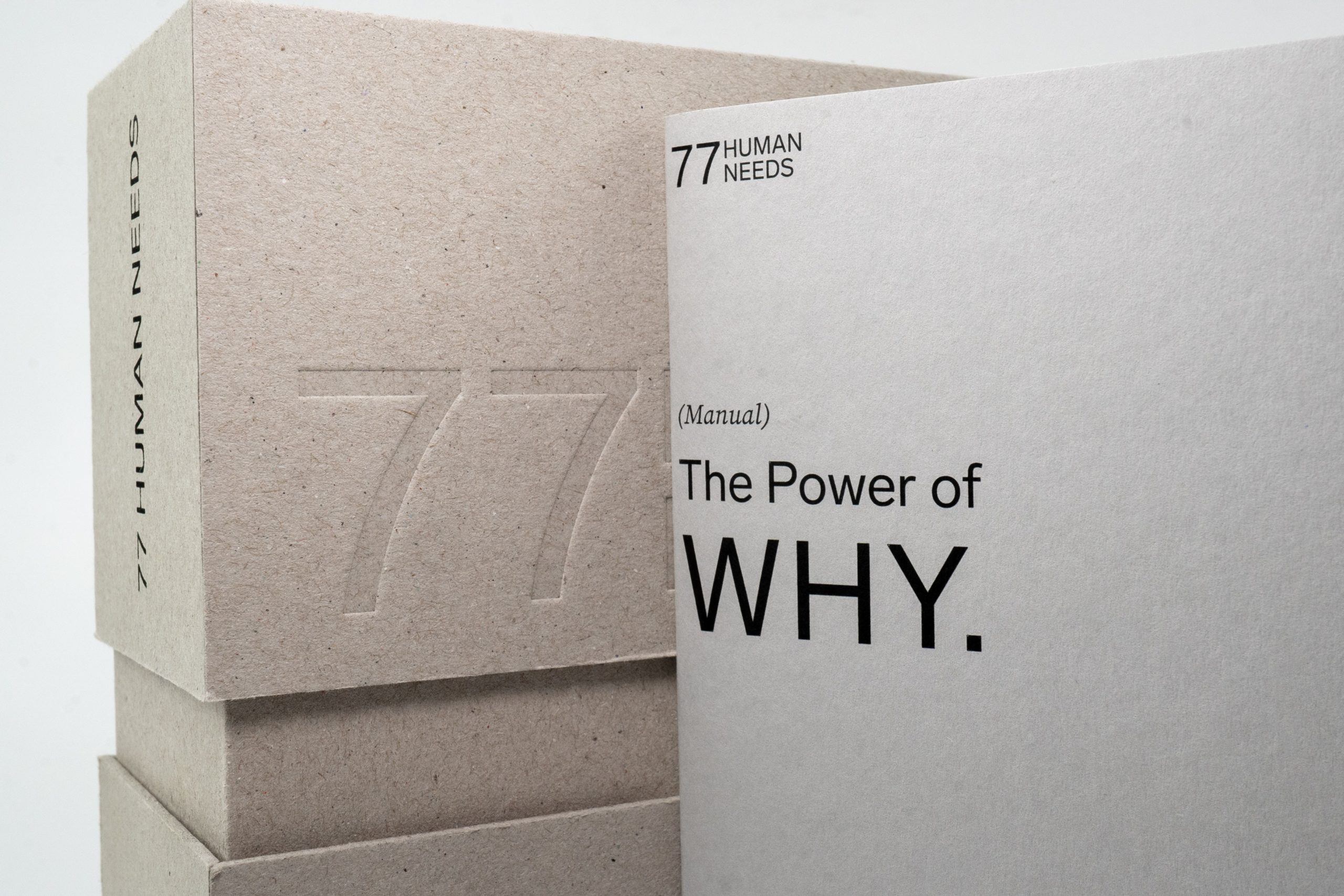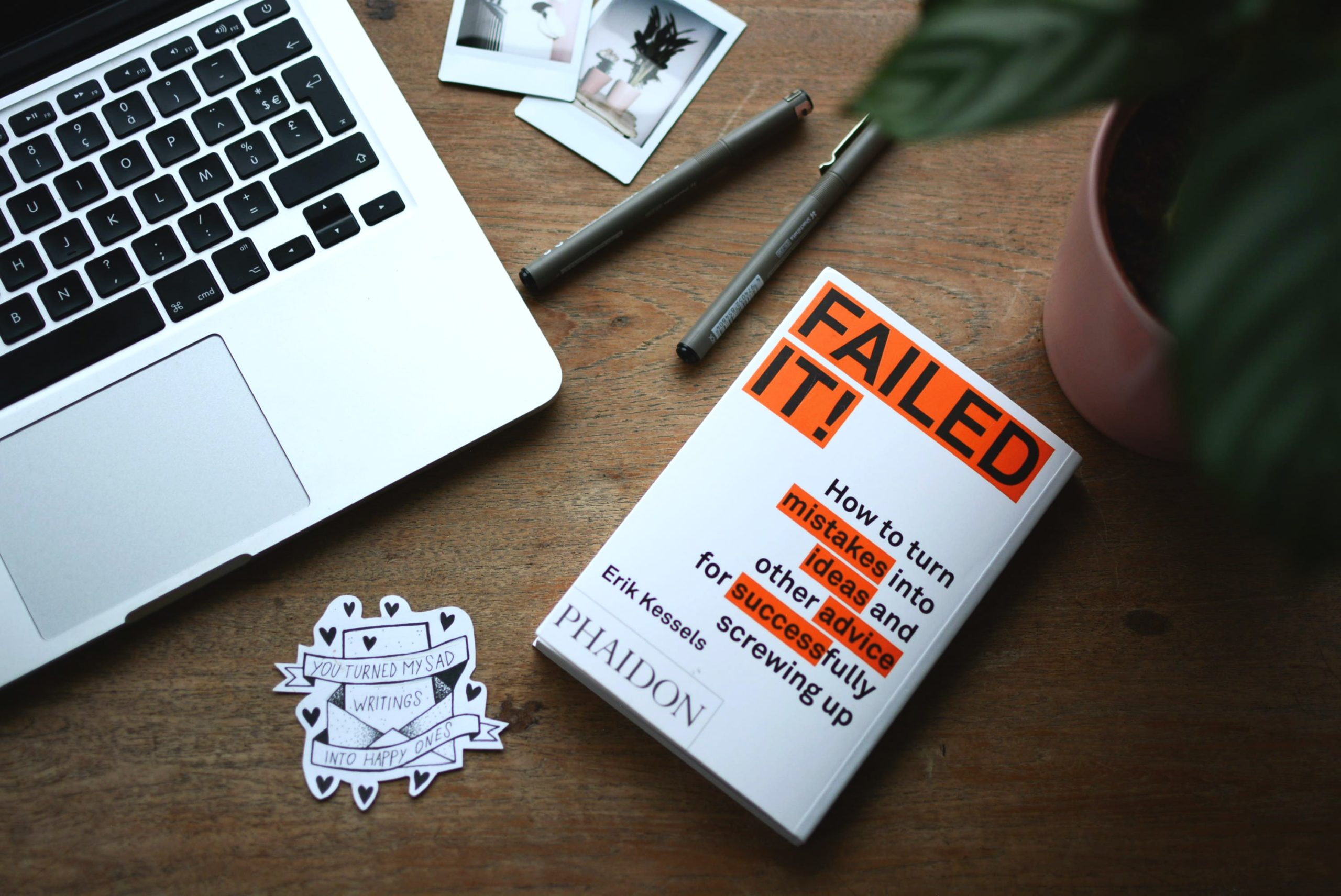
Lean Writing: How to Cut the Bloat

Bloat occurs when one word makes another unnecessary.
This post presents tips on unnecessary pairings of words. These pairings weaken your writing.
Free gift: NO! Sorry to shout, but this is the worst of the worst, and it’s creeping like fungus into the wording of countless offers. Use “gift” or “free.” No exceptions. Or, for truth in advertising, if the gift isn’t free, write, “some strings attached”—which no one wrote ever or will.
My personal belief: If it’s yours, it’s personal. The same applies to saying, “My own.” The use of “personal” or “own” implies a need to make sure your claim is clear.
Plan ahead: Have you ever planned behind?
Possibly might: “Might” and “possibly” suggest “maybe.” Choose between them.
Protest against: A protest communicates that one is opposed. You don’t need to say “against.” This is different from using the word, “argue,” since you can argue either for or against.
Unexpected surprise: What is an expected surprise?
Unintended mistake: We can safely assume that a mistake is unintended.
Absolutely certain: Certainty is its own absolute. Avoid “Absolutely,” as an adverb. As an adjective, it can be used with caution. “It was an absolute victory.” That would mean that the victory was unquestionable.
Actual experience or actual fact: “Actual” is generally a tricky word. People use it to give emphasis to something as being real. However, “This was my actual experience” doesn’t make it more believable. In similar vein, a fact is a fact. It has been confirmed as true.
Postpone until later: See “plan ahead.” No one postpones until earlier.
Add an additional: There’s a big clue in this pairing. “Add” is part of “additional.” This is the best possible sign that “add” is unnecessary. Subtract is from your writing. Or subtract “additional.”
Added bonus: This is the cousin of “free gift.” A bonus is something added.
Advance notice: Giving notice is letting someone know something in advance. You can use either “advance” or “notice,” but not both. And please correctly use “advance”. You should have an Advance Directive, not an Advanced Directive to specify your healthcare wishes.
Ask a question: This is so commonly used that most people don’t pay attention. However, to ask is to question.
Usual custom: Customs are what is usual. You don’t need both words.
Difficult dilemma: Dilemmas are never easy. You can eliminate “difficult.”
Direct confrontation: A confrontation is always direct.
End result: Results always occur at the end of a situation or series of action. You don’t need “End”.
Sneaky Redundancies Are the Opposite of Lean Writing
These combinations are subtler and require thoughtful editing. Look for words in a sentence that say the same thing, i.e., one of them is redundant.
“This winter we may potentially have mild weather.”
“May” and “potentially” say the same thing. Eliminate “potentially.”
“The existence of mild oceanic temperatures implies that global warming may be accelerating.”
“May” is unnecessary in this sentence. Replace “may be” with “is.”
This series doesn’t cover every unnecessary word. Develop a healthy suspicion about your writing. Practice learning to make each word earn its place so you have lean writing.
Pat Iyer is an editor and ghostwriter who works with business people to present their polished best writing. Reach her through patiyer.com.
Pat built a service business assisting attorneys with cases involving medical issues. After growing that business to a multi-million dollar one, after 25 years, she sold it in 2015 and now devotes her time to mentoring, writing and editing. Get tips for polishing your writing style and gaining business through the material you write: Listen to Writing to Get Business Podcast on the C Suite Radio platform.
Reach her through Patiyer.com|Do you have an amazing business success you want to share? Pat Iyer has worked with experts helping them share their knowledge since she first began writing and editing books in 1985. Pat Iyer has written or edited over 800 chapters, books, case studies, articles or online courses. She delights in assisting people to share their expertise by writing a book. Pat serves as a developmental editor and ghostwriter.
Pat built a service business assisting attorneys with cases involving medical issues. After growing that business to a multi-million dollar one, after 25 years, she sold it in 2015 and now devotes her time to mentoring, writing and editing. Get tips for polishing your writing style and gaining business through the material you write: Listen to Writing to Get Business Podcast on the C Suite Radio platform.
Reach her through Patiyer.com|Do you have an amazing business success you want to share? Pat Iyer has worked with experts helping them share their knowledge since she first began writing and editing books in 1985. Pat Iyer has written or edited over 800 chapters, books, case studies, articles or online courses. She delights in assisting people to share their expertise by writing a book. Pat serves as a developmental editor and ghostwriter.
Pat built a service business assisting attorneys with cases involving medical issues. After growing that business to a multi-million dollar one, after 25 years, she sold it in 2015 and now devotes her time to mentoring, writing and editing. Get tips for polishing your writing style and gaining business through the material you write: Listen to Writing to Get Business Podcast on the C Suite Radio platform.
Reach her through Patiyer.com
- Getting to Know Your Ideal Reader - July 19, 2021
- Why You Should Write a Book Proposal—Even If You Plan to Self-Publish - July 19, 2021
- Know When To Stop - April 19, 2021






